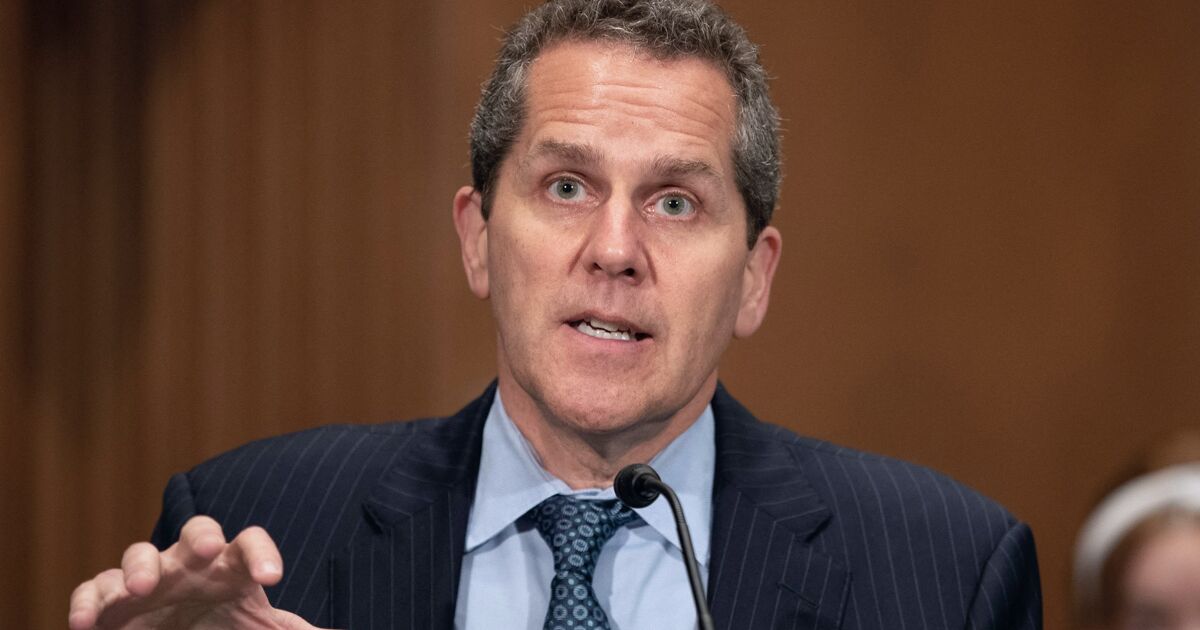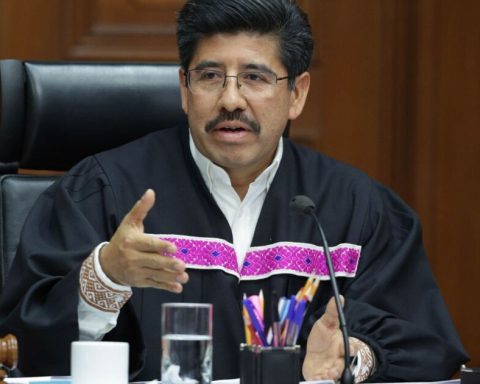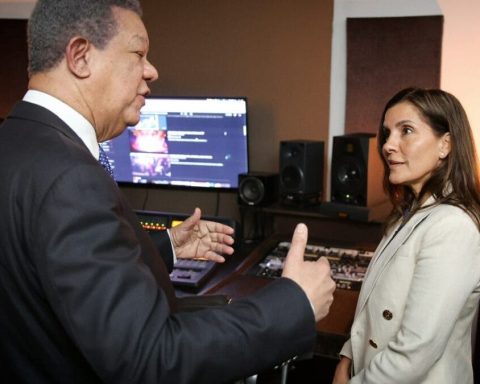During his nomination hearing, Barr emphasized his commitment to trying to curb high inflation and ensure the recovery of the US economy.
It also downplayed the central bank’s influence on climate change policies, an issue that torpedoed President Biden’s first choice for the job.
Barr was nominated in April after Republican senators blocked a vote for Sarah Bloom Raskin, who was heavily criticized by those who saw her as hostile to the oil industry.
Biden’s first nominee withdrew her name in March after a key Democratic senator announced he would not endorse her.
Opposition to Bloom Raskin helped delay Biden’s efforts to fill the vacancy at a time when policymakers were battling inflation unseen in 40 years.
The world’s largest economy has been battered by the tailwinds of the Covid-19 pandemic and the war in Ukraine, which have pushed up prices and threatened to worsen current supply chain problems.
The embattled labor market has led to worker cuts and subsequent wage increases, adding pressure to inflation.
The Fed last month implemented a three-quarter percentage point rate hike, the biggest in nearly 30 years, and economists forecast similar hikes are possible later this month.
Barr will fill the last vacant seat on the Fed’s seven-seat board.















